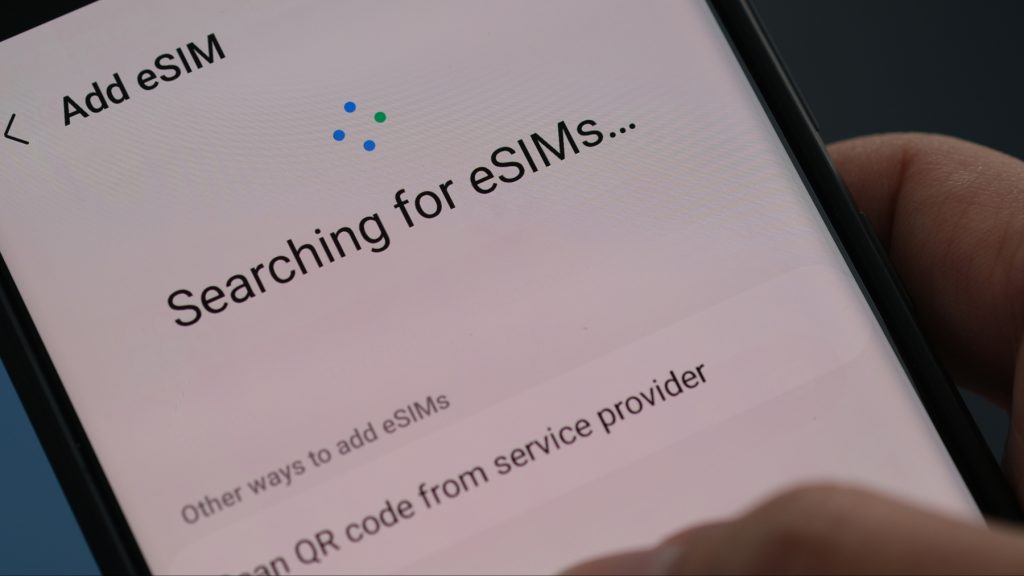
Sparked by mixed reactions, smartphone manufacturers, led by giants like Apple and Samsung, have decisively shifted towards embedding electronic SIM cards (eSIMs) into their devices, sidelining the traditional physical SIM card.
This change in technology, while heralded as a step towards convenience and sustainability, raises concerns about the broader implications for consumer choice and transparency. Notably, the transition to eSIMs highlights a growing trend where companies prioritize operational efficiencies and profit margins over the nuanced preferences and needs of their customers.
The convenience of activating or switching service providers without the physical constraints of a SIM card, facilitated through a simple QR code scan or an app request, undoubtedly marks a leap in telecommunications technology.
Strings Attached
The German Goods and Products Testing Authority’s enthusiasm for the technology’s potential to reduce plastic waste and simplify service mobility masks a critical oversight: the absence of consumer consent in this fundamental shift. The narrative of progress does not fully account for the silent trade-off between convenience and consumer autonomy.
Moreover, the promise of reducing electronic waste and streamlining device design overlooks a significant ethical consideration. The shift to electronic SIM cards technology, while eliminating the mechanical vulnerabilities associated with physical SIM card slots, subtly coerces consumers into a new digital norm that significantly limits their ability to freely switch between service providers or easily replace their devices. This limitation is not merely a technical matter but a reflection of a broader dilemma in the tech industry, where major corporations, like AT&T, dictate terms under the guise of innovation, often compromising consumer rights and choice in the process.
The provision of dual eSIM capabilities in newer smartphone models, such as the iPhone 13 and Samsung Galaxy S24, indeed offers a semblance of flexibility and choice. Yet, this feature also illustrates how technological advancements are increasingly engineered to align with corporate strategies that may not always prioritize consumer welfare. The option to convert traditional SIM cards into electronic SIM cards profiles, while presented as a convenience, subtly nudges consumers towards a digital ecosystem tightly controlled by a few dominant players, further entrenching their market power and diminishing the competitive landscape.
The question remains…
To what extent are consumers genuinely informed and in control of these changes? The enthusiastic adoption of electronic SIM cards technology by manufacturers and the tacit approval of regulatory bodies reflect a broader trend of diminishing consumer agency in the face of technological advancement.
While the benefits of electronic SIM cards technology, such as reduced waste and enhanced device functionality, are clear, the path forward demands a more balanced approach that equally values consumer choice, transparency, and the ethical implications of technological imposition.
Inside Telecom provides you with an extensive list of content covering all aspects of the tech industry. Keep an eye on our Telecom sections to stay informed and up-to-date with our daily articles.